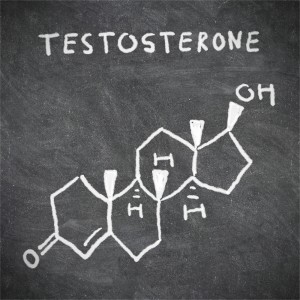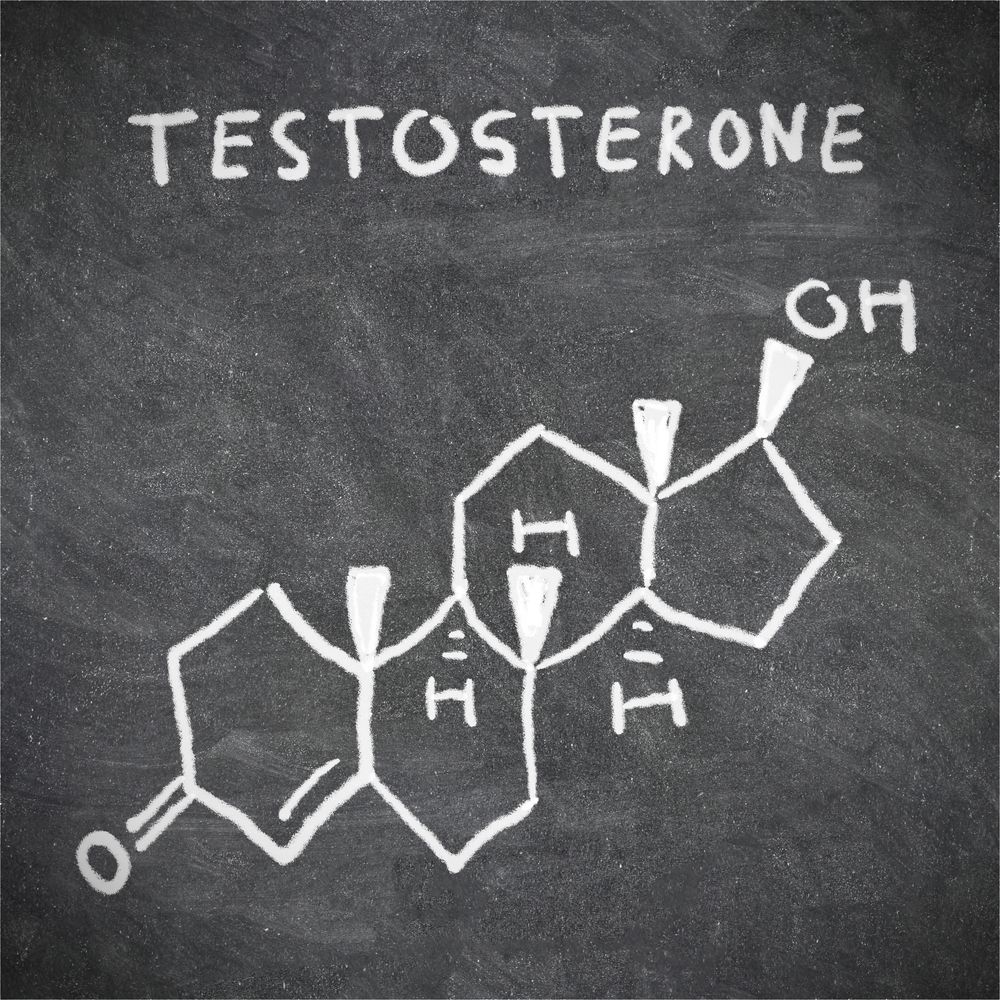 In a recent study titled “Sex disparity in colonic adenomagenesis involves promotion by male hormones, not protection by female hormones”, published in the Proceedings of the National Academy of Sciences (PNAS), a team of researchers from the University of Missouri have found signals that suggest testosterone can contribute towards colon cancer formation.
In a recent study titled “Sex disparity in colonic adenomagenesis involves promotion by male hormones, not protection by female hormones”, published in the Proceedings of the National Academy of Sciences (PNAS), a team of researchers from the University of Missouri have found signals that suggest testosterone can contribute towards colon cancer formation.
Previous studies had already demonstrated that women were less likely to develop non-sex specific cancers, including colon, pancreas and stomach. Until now, the scientific and medical community speculated this fact could be attributed to a protective effect given by female hormones, like estrogen.
In this study, researchers used a rat model of early colonic cancer that upon removal of testosterone and significantly lower levels of naturally occurring colon cancer. Furthermore, if normal mice were treated with the carcinogen azoxymethane (AOM), increased numbers of colonic adenomas were observed in males.
“Previously, scientists believed that female hormones may have lent some sort of protection against tumor susceptibility,” study author Dr. James Amos-Landgraf, assistant professor of veterinary pathobiology in the MU College of Veterinary Medicine, said in a press release. “However, by showing that removing testosterone from rats leads to a drastic decrease in colon cancer susceptibility, it appears that male hormones may actually contribute to colon tumor growth rather than female hormones being protective.”
As additional evidence towards the role of testosterone in colon cancer formation, Dr. Amos-Landgraf mentioned that post-menopausal women seem to have a higher risk of developing this malignancy.
“All women have some level of testosterone in their bodies naturally, but those levels typically are much lower than estrogen and other female hormones,” Dr. Amos-Landgraf added. “Once women experience menopause and their female hormone levels decrease, their testosterone levels become relatively higher. This corresponds to the time when they begin to experience higher rates of colon cancer and could be a sign of a relationship between testosterone levels and colon tumor growth.”
Future research from Dr. Amos-Landgraf’s laboratory will assess the genetic features responsible for the different susceptibilities in cancer development between men and women.


